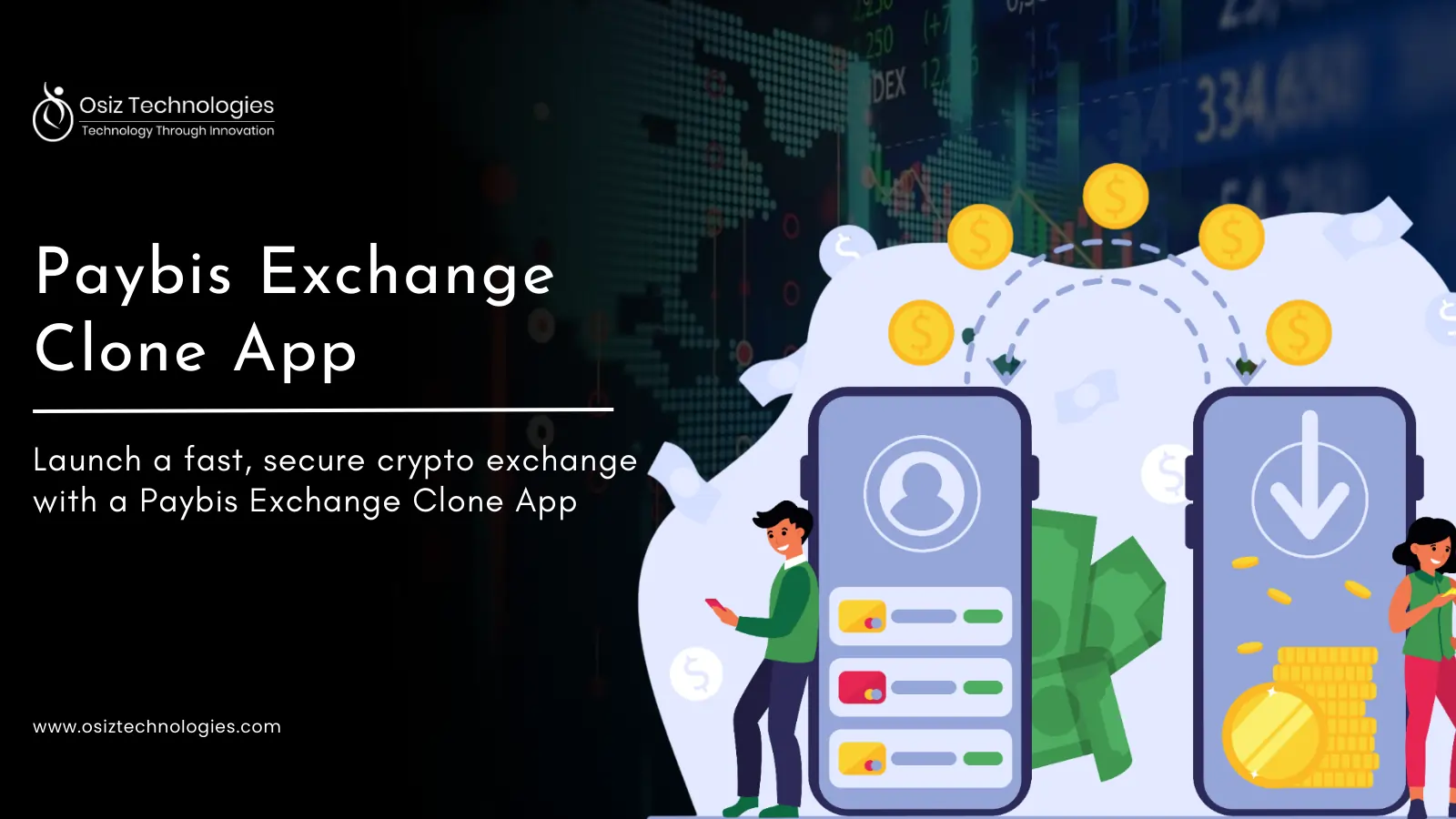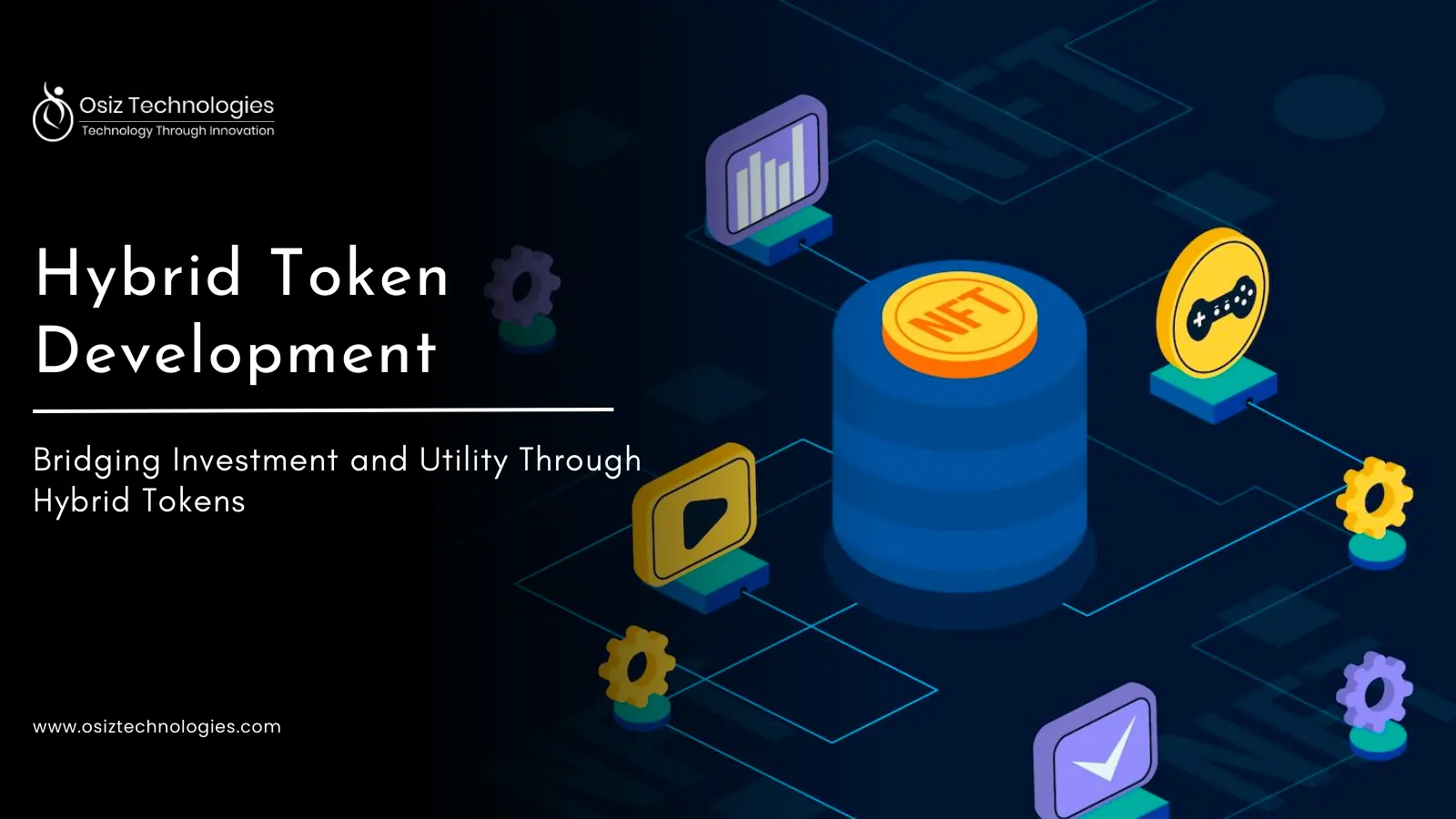The market for artificial intelligence in marketing is expected to reach $78.8 billion by 2030, according to statistics, with a strong compound annual growth rate (CAGR) of 26.9%. What, though, makes AI such a vital tool for contemporary marketers? It's the automation of laborious activities, allowing experts to focus on developing engaging stories and creative tactics.
Join us on a journey into the realm of AI in marketing, where cutting-edge technology meets strategic ingenuity to redefine the way we approach and execute marketing initiatives.
What is AI in Marketing?
AI in marketing refers to the application of artificial intelligence technologies and techniques to enhance various aspects of the marketing process. It involves the use of advanced algorithms, machine learning, and data analytics to automate tasks, analyze vast amounts of data, and derive valuable insights. AI transforms traditional marketing strategies by providing marketers with intelligent tools and solutions to optimize their efforts, improve decision-making, and create more personalized and targeted campaigns.
How Does AI Play a Role in Marketing?
Artificial Intelligence (AI) plays a pivotal role in revolutionizing the field of marketing by offering innovative solutions and transforming traditional approaches. Here's a breakdown of how AI influences and shapes various aspects of marketing:
Data Analysis and Insights:
AI efficiently processes extensive marketing data, extracting valuable insights to understand customer behavior and market trends. Using predictive analytics, AI empowers marketers to make informed decisions by leveraging historical data to foresee shifts in consumer behavior.
Personalization:
AI empowers marketers to deliver personalized customer experiences by analyzing preferences, leading to increased engagement. Through dynamic content optimization, AI tools ensure relevant and engaging website content, email campaigns, and advertisements based on user interactions.
Marketing Automation:
AI automates repetitive tasks like data entry and email campaigns, freeing marketing teams to focus on strategic and creative aspects. Customer journey automation ensures timely and relevant communications, optimizing interactions throughout the buying process.
Customer Interaction:
AI-driven chatbots offer instant, personalized customer responses, enhancing service and engagement. Virtual assistants elevate the customer experience by guiding users through purchases and providing product recommendations.
Content Creation:
AI automates content creation, generating written or visual content like blog posts and product descriptions based on user preferences and trends. It saves marketers time and resources.
Advertising Optimization:
AI analyzes customer data for targeted advertising, enabling marketers to deliver precise and relevant ads, maximizing campaign impact. Additionally, in real-time, AI optimizes digital ad campaigns by adjusting parameters like bidding strategies, enhancing overall performance and ROI.
Working of AI in Marketing
Data sources: To start the process, information pertinent to the marketing procedures is gathered from a variety of sources. This information may consist of:
- Customer data
- Social media data
- Advertising data
- Market research
- External data source
Data pipelines: These systems are used to process the data obtained from the aforementioned sources. The data is ingested, cleaned, and organized using these pipelines.
Output: After examining the query and the incoming data, the LLM generates output. This output may take the shape of draft reports, risk assessments, or factual information summaries.
Marketing app: The user is then presented with the validated output using the marketing app. It functions as the hub for all data, insights, and analysis, acting as the core application.
AI agent: AI agents play a critical role in solving complex problems, interacting with the outside world, and enhancing learning through experiences after deployment. They achieve this through the use of strategic tools, sophisticated planning and reasoning, memory, recursion, and reflection processes.
Use Cases of AI in Marketing
AI has found diverse applications across various facets of marketing, revolutionizing the industry with its advanced capabilities. Here are some compelling use cases showcasing how AI is reshaping the landscape of marketing:
Customer segmentation:
AI-driven customer segmentation is pivotal in reshaping marketing strategies. Using sophisticated algorithms, AI analyzes extensive data to identify distinct customer segments based on demographics and behavior. This empowers marketers to optimize campaigns, ensuring personalized and resonant messaging that fosters deeper connections and drives improved engagement and satisfaction.
Audience Targeting:
AI-driven audience targeting revolutionizes marketing by accurately identifying target audiences through advanced algorithms. Marketers can then create hyper-targeted campaigns, optimizing engagement and conversion rates with personalized messaging and strategic content delivery. This equips businesses to deliver the right message to the right audience at the right time.
SEO:
AI transforms SEO by analyzing vast data for precise keyword targeting, content optimization, and adaptive website structure. This not only enhances organic visibility but also improves the user experience, contributing to higher search rankings and overall digital marketing effectiveness.
Predictive analytics:
AI-driven predictive analytics is fundamental in modern marketing. By analyzing historical data, AI forecasts trends, empowering marketers to make data-driven decisions, optimize campaigns, and stay ahead in a dynamic market. This proactive approach enhances decision-making and enables marketers to tailor strategies to the predicted needs of their audience, contributing to more successful and adaptive marketing initiatives.
Market forecasting:
AI's market forecasting capabilities in marketing provide a strategic advantage by analyzing data to predict future trends. By leveraging machine learning algorithms, businesses can make informed decisions, allocate resources effectively, and adapt their strategies to stay ahead in a rapidly evolving market landscape. This ensures a proactive and data-driven approach, enhancing overall marketing effectiveness.
Social media insights:
AI transforms social media insights in marketing by analyzing vast data sets to uncover trends, sentiment, and user behavior. This enables businesses to make informed decisions, refine content strategies, and engage with their audience more effectively. Leveraging AI in social media enhances overall brand visibility and responsiveness, contributing to a more impactful and data-driven social media presence.
AI-powered website builders:
AI-powered website builders automate design, content creation, and user experience optimization, leveraging machine learning to refine sites based on user interactions. This enhances efficiency, reduces development time, and results in visually appealing, user-friendly websites tailored to audience preferences.
Automated email marketing campaigns:
AI in automated email marketing campaigns enhances personalization by analyzing user behavior and preferences. It optimizes content, delivery times, and subject lines, leading to higher engagement and conversion rates. This technology streamlines the process, making email campaigns more efficient and effective in reaching targeted audiences.
Benefits of Using AI in Marketing
The integration of Artificial Intelligence (AI) in marketing offers a multitude of benefits that revolutionize how businesses connect with their audiences. Some key advantages include:
Enhanced Personalization:
AI in marketing enhances engagement by delivering personalized content and recommendations and analyzing individual customer preferences and behaviors. This customization strengthens customer relationships.
Increased Efficiency through Automation:
AI-driven automation streamlines tasks like data analysis and email campaigns, saving time for marketing teams and enhancing overall efficiency. This enables professionals to focus on strategic aspects of their work.
Optimized Ad Campaigns and Targeting:
AI algorithms analyze customer data, helping marketers identify target audiences and optimize digital ad campaigns in real-time. This precision ensures more relevant ads, maximizing the impact of advertising efforts.
Data-Driven Decision-Making:
AI empowers marketers with deep customer insights and predictive analytics, facilitating informed, data-driven decision-making. This enables marketers to anticipate trends, understand consumer behavior, and proactively adapt strategies for optimal results.
Improved Return on Investment (ROI):
AI's precision and efficiency boost return on investment as marketers allocate resources effectively, directing efforts toward impactful strategies. This optimization enhances overall marketing effectiveness.
Why Should You Prefer AI in Marketing?
Embracing AI in marketing offers a transformative edge by unlocking unparalleled capabilities. With AI, you can deliver highly personalized campaigns, automate time-consuming tasks, and optimize advertisements with precision. The ability to make data-driven decisions and adapt strategies proactively enhances efficiency and maximizes return on investment. In a rapidly evolving landscape, AI ensures your marketing efforts remain agile, responsive, and ahead of emerging trends, positioning your business for sustained competitiveness and customer engagement.
Examples of AI in marketing in the real world
Numerous companies across various industries are actively adopting AI in their marketing strategies. Here are some notable examples:
Amazon:
Amazon employs AI extensively for personalized product recommendations, targeted advertising, and enhancing the overall customer shopping experience.
Alibaba:
Alibaba, the leading global online retailer, utilizes artificial intelligence (AI) extensively. AI plays a vital role in predicting customer purchases, generating product descriptions through natural language processing, and contributing to the City Brain initiative for smart city development. Furthermore, Alibaba employs AI in its cloud computing subsidiary, Alibaba Cloud, assisting farmers with crop monitoring to enhance yields and reduce expenses.
Netflix:
Netflix utilizes AI algorithms to analyze user viewing patterns and preferences, providing personalized content recommendations to its subscribers.
Spotify:
Spotify integrates AI for music recommendation algorithms, tailoring playlists and song suggestions based on individual listening habits.
Adobe:
Adobe incorporates AI in its marketing tools, such as Adobe Sensei, to enhance personalization, automate content creation, and optimize digital marketing campaigns.
The Future Scope of AI in Marketing
The future scope of AI in marketing is poised for groundbreaking advancements, ushering in a new era of innovation and effectiveness. Key areas of potential include:
Hyper-Personalization:
AI's evolving data analysis will enable enhanced personalization in marketing. This will empower brands to deliver highly tailored content and experiences, fostering deeper customer engagement and loyalty.
Predictive Analytics Evolution:
AI-driven predictive analytics will evolve significantly, empowering marketers to anticipate trends, understand customer behaviors, and make proactive, data-driven decisions. This advanced forecasting will be a cornerstone for more effective decision-making.
Integration of Augmented Reality (AR) and Virtual Reality (VR):
AI will play a pivotal role in integrating AR and VR into marketing strategies. This immersive technology will enable brands to create engaging and interactive experiences, especially in the e-commerce sector.
Ethical AI Practices:
As AI becomes widespread, ethical considerations gain importance. Marketers must prioritize transparency, fairness, and responsible AI practices to build and maintain consumer trust, crucial for long-term marketing success.
Advanced Chatbots and Virtual Assistants:
Chatbots and virtual assistants will evolve to offer more sophisticated and human-like interactions. AI will enhance conversational abilities, providing customers with seamless and personalized experiences across various touchpoints.
How Does Osiz Help You Develop AI in Marketing?
As a leading AI development company, Osiz not only meets your AI needs with expertise but also stands as a prominent player in blockchain development platforms. Their proficiency extends to providing comprehensive blockchain solutions. With a dedicated focus on AI in marketing, Osiz combines innovation and reliability to propel your business into the future. Partnering with Osiz ensures a strategic approach, leveraging the synergy between AI and blockchain technologies for cutting-edge solutions tailored to your marketing objectives. Trust Osiz for unparalleled expertise in AI development and a proven track record in pioneering blockchain solutions. Your journey to transformative AI-driven marketing begins with Osiz, where innovation meets excellence.
Listen To The Article












